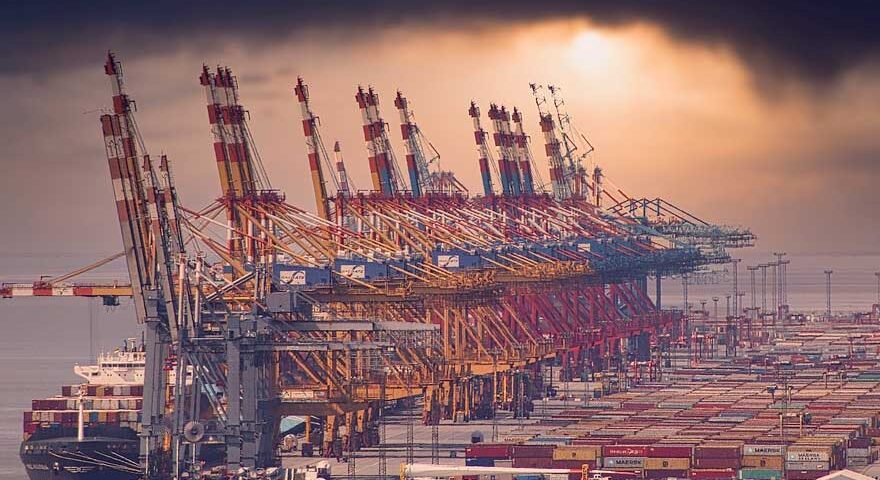The two major approaches that seaport operators adopt to address climate change impacts are mitigation (CCM), i.e., reducing greenhouse gas emissions, and adaptation (CCA), i.e., adjusting the facility to moderate the negative outcomes of climate change.
PortEconomics member Adolf Ng has joined Changmi Jiang, Shiyuan Zheng, Ying-En Ge, and Xiaowen Fu in an examination of these strategies with the finding of their research published in the scholarly journal Transportation Research Part D: Transport and Environment.
This study is among the first to construct an economic model to compare the impacts of CCM and CCA in affecting the outputs of the executing port and the other ports in its network, considering the effects of market interactions. The findings underline that both strategies can increase the executing port’s cargo traffic, and can either increase or decrease the other port’s cargo traffic depending on the market relationships between the ports.
The authors also implement a numerical case study on four Chinese ports (Ports of Shenzhen, Xiamen, Tianjin and Hong Kong) based on the model presented in the study.
You might read the study here: The climate change strategies of seaports: Mitigation vs. adaptation












